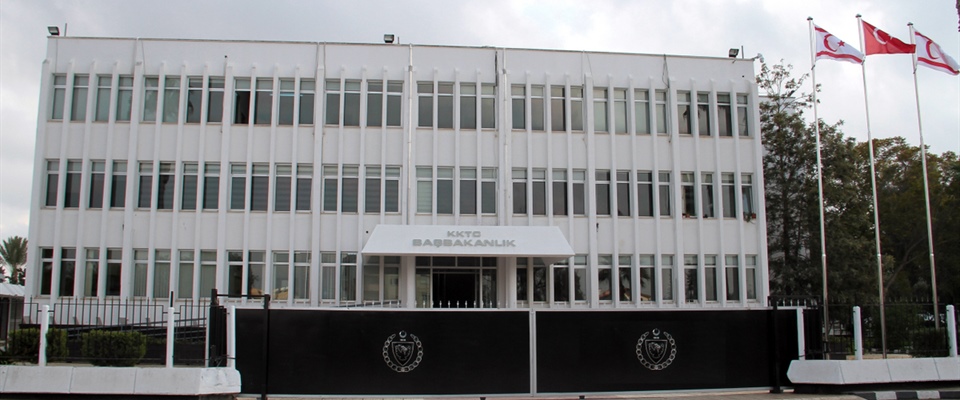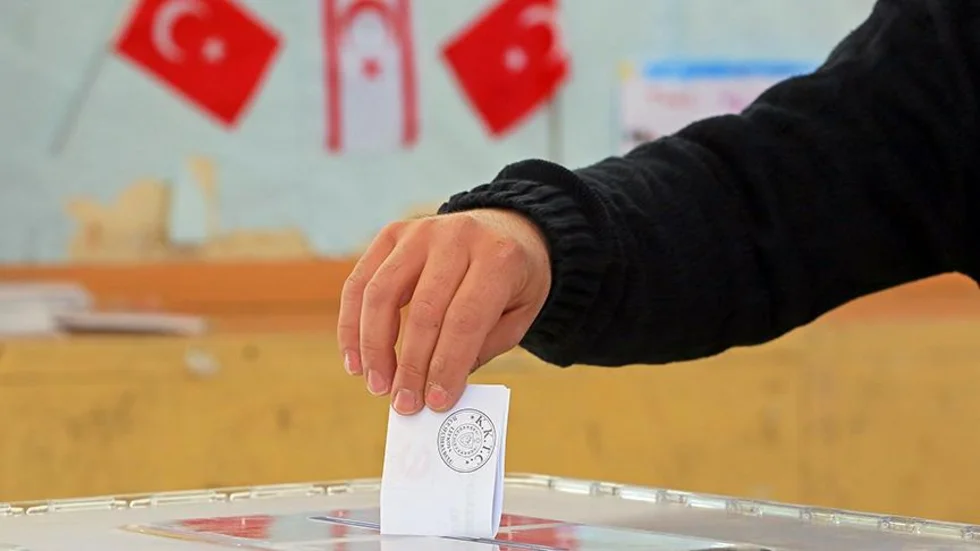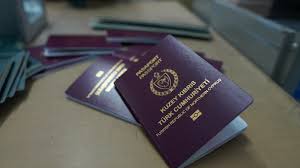The north’s ruling coalition late on Friday night naturalised 124 people as ‘TRNC’ citizens, thus making them eligible to vote in this October’s Turkish Cypriot leadership election, hours before the pre-election cutoff point.
From 11.59pm on Saturday, the north will formally enter a “pre-election period”, with rules in place dictating what public institutions can and cannot do, all of which have been put in place with the aim of preventing them from swaying the election one way or another.
As such, from that point onwards, it will be illegal in the north for a person to acquire ‘TRNC’ citizenship until the election is over on October 19.
In addition, all public tenders will be suspended until after the election, and all public officials in the north will be prohibited from travelling in official vehicles and from attending official banquets.
There will also be a blanket ban on all civil service appointments, except for those necessary for the running of essential services in the event of a vacancy.
As such, there was a large-scale reshuffle within the north’s civil service in the days leading up to Saturday, as those in power appeared to settle scores and balance favours amid rumours of a rift inside the ruling coalition’s largest party the UBP, ahead of the election.
Newspaper Yeniduzen reported on Saturday that a total of 86 people were hired into the north’s civil service in the days leading up to the election.
One such change in the upper echelons of the north’s civil service saw Sergul Tumer, the wife of foundations administration (Evkaf) director-general Mustafa Tumer, lose her job on ‘prime minister’ Unal Ustel’s office’s audit board and be replaced by Tulen Saner.
Saner is the sister of Ersan Saner, the former ‘prime minister’ who left that post after a video of him engaging in obscene acts on a webcam was leaked to the media in 2021.

Meanwhile, Ustel sacked Sadik Gardiyanoglu as ‘labour minister’ late on Thursday night, with that move coming after reports surfaced that Gardiyanoglu was preparing to relieve his ‘ministry’s’ director-general Tahir Serhat of his duties and replace him with Berna Bayur.
However, Serhat is said to be an ally of Ustel, and has now outlasted Gardiyanoglu at the ‘labour ministry’.
Gardiyanoglu was replaced by the now former UBP secretary-general Oguzhan Hasipoglu.
‘Ministerial’ roles are not explicitly subject to the rules relating to the pre-election period, and as such, Ustel will be free to make further changes in the next two months should he wish.
Earlier in the week, opposition party CTP ‘MP’ Urun Solyali had warned that the ruling coalition may in the hours and days before the pre-election period seek to naturalise large numbers of people with the aim of swinging the balance of the election in the favour of incumbent Turkish Cypriot leader Ersin Tatar.
“We are hearing that cabinet is still preparing for hundreds of naturalisations. We have also received information that the interior ministry is working feverishly … We reiterate our call not to do this just before the election. Employment and land are already a major debate … These types of procedures are damaging,” he said.

As of May, the number of people registered to vote in the north stood at exactly 215,611, with Turkish Cypriot supreme court chief justice Bertan Ozerdag saying he expected that figure to rise by around a thousand through young people turning 18 and people acquiring citizenships and thus the right to vote by the election.
“Maybe it will not be even that. Maybe it will be lower. I do not want to say a clear number now, so I do not mislead you,” he said.
The current number of registered voters is a little over 5,000 larger than the most recent major election to take place in the north, a ‘parliamentary’ by-election which took place in June 2023. Then, there were exactly 210,121 registered voters.
It is also more than double the number of Turkish Cypriots who live in the north who were registered as voters at last year’s European parliament elections.
That figure stood at 103,269, with the discrepancy coming about because many citizens of the ‘TRNC’ are not citizens of the Republic of Cyprus on account of the Republic’s strict laws regarding the acquisition of citizenship of children of “mixed marriage”, wherein one of their parents is Turkish Cypriot and the other is not.
In addition, many ‘TRNC’ citizens were born on the island to non-Cypriot parents and are thus not recognised as citizens by the Republic of Cyprus, while a growing number of people have been naturalised as ‘TRNC’ citizens while having no ties to the Republic of Cyprus.
At last year’s European parliament elections, a total of 834 Turkish Cypriots who live in the Republic were registered to vote. They are not eligible to vote in the north, as the north’s own regulations stipulate that only people living in the north are able to vote.






Click here to change your cookie preferences